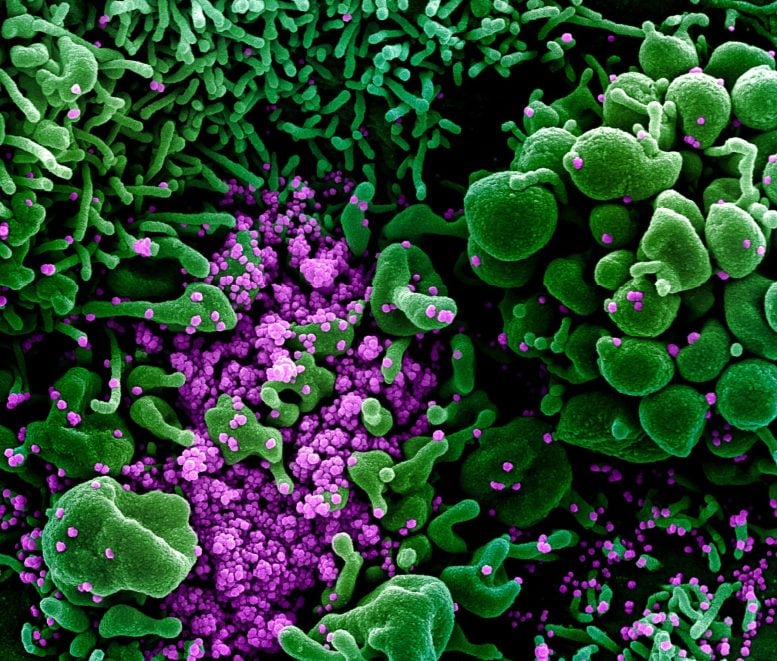
Colorized scanning electron micrograph of an apoptotic cell (green) heavily infected with SARS-COV-2 virus particles (purple), isolated from a patient sample. Credit: NIAID
A virtual workshop in November 2022 highlighted the importance of developing mucosal vaccines for SARS-CoV-2 that could reduce transmission and infection. Participants discussed challenges and priorities, such as identifying protection correlates, improving animal models, and determining delivery methods. Though no COVID-19 mucosal vaccines have been authorized in the US or Europe, the workshop concluded that research in this area could yield benefits for both COVID-19 and other diseases.
In November 2022, the National Institute of Allergy and Infectious Diseases (NIAID) co-hosted a virtual workshop on the importance and challenges of developing mucosal vaccines for SARS-COV-2. The highlights of this workshop have now been published as a report in npj Vaccines.
Although vaccines currently available for COVID-19 are usually effective at preventing severe disease, hospitalizations and death, researchers recognize the need for improvement. A vaccine more effective at preventing transmission or infection with SARS-CoV-2 could reduce overall replication of the virus and associated disease burden. Because SARS-CoV-2 enters the body and is transmitted via the respiratory tract, a vaccine to promote a mucosal immune response in the respiratory tract could be better at blocking transmission and infection. Although at least 44 mucosal vaccines are currently in preclinical development, and several more are in clinical development or authorized for use in other countries, no COVID-19 mucosal vaccines have been authorized for use by regulatory agencies in the United States or Europe.
NIAID partnered with the Coalition for Epidemic Preparedness Innovation, the Bill and Melinda Gates Foundation, the Biomedical Advanced Research and Development Authority, and the Wellcome Trust to develop the workshop. Over the course of the two-day event (November 7-8 2022), vaccine researchers and developers met virtually in eight sessions and discussed challenges and priorities in mucosal vaccine development.
For instance, new correlates of protection must be identified and verified to evaluate whether a vaccine improves recipients’ mucosal immune responses to SARS-CoV-2, and to facilitate clinical testing and regulatory approval. Improved animal models are needed to help researchers develop potential mucosal vaccines, according to the report. Careful clinical design is needed to assess the unique safety concerns related to mucosal vaccines and to appropriately evaluate whether a vaccine can block transmission of the virus. Trial design also needs to account for how vaccines will be used. Since most people have either received a SARS-CoV-2 vaccine or had a natural infection, mucosal vaccines likely will be used as boosters, and researchers will need to know how well vaccines function in people who have some prior immunity. The means of delivery also must be considered: nasal sprays, pills, liquids taken by mouth, and even nebulizers could deliver a vaccine more directly to the respiratory system, but each of these poses unique challenges to manufacture, test and deliver.
Despite these and other challenges, attendees of the workshop were optimistic about the future of mucosal vaccines for COVID-19. Considering the potential benefits that a successful candidate could bring, they concluded that research needed to further mucosal vaccine development is a priority. Such research also could even lead to improved vaccines for other diseases, such as influenza, respiratory syncytial virus (RSV) or tuberculosis, in addition to advancing COVID-19 vaccinology.
Reference: “Mucosal vaccines for SARS-CoV-2: scientific gaps and opportunities—workshop report” by Jane M. Knisely, Lucas E. Buyon, Rebecca Mandt, Rebecca Farkas, Shobana Balasingam, Karin Bok, Ursula J. Buchholz, M. Patricia D’Souza, Jennifer L. Gordon, Deborah F. L. King, Tung T. Le, Wolfgang W. Leitner, Robert A. Seder, Alkis Togias, Stig Tollefsen, David W. Vaughn, Daniel N. Wolfe, Kimberly L. Taylor and Anthony S. Fauci, 12 April 2023, npj Vaccines.
DOI: 10.1038/s41541-023-00654-6

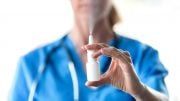
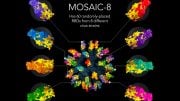
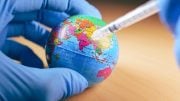
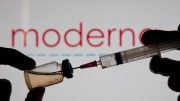
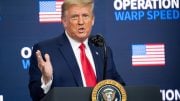
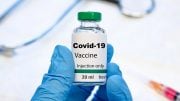
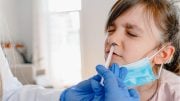
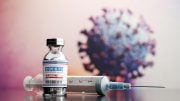
Be the first to comment on "The Mucus Miracle: How Mucosal Vaccines Could Revolutionize COVID-19 Fight"